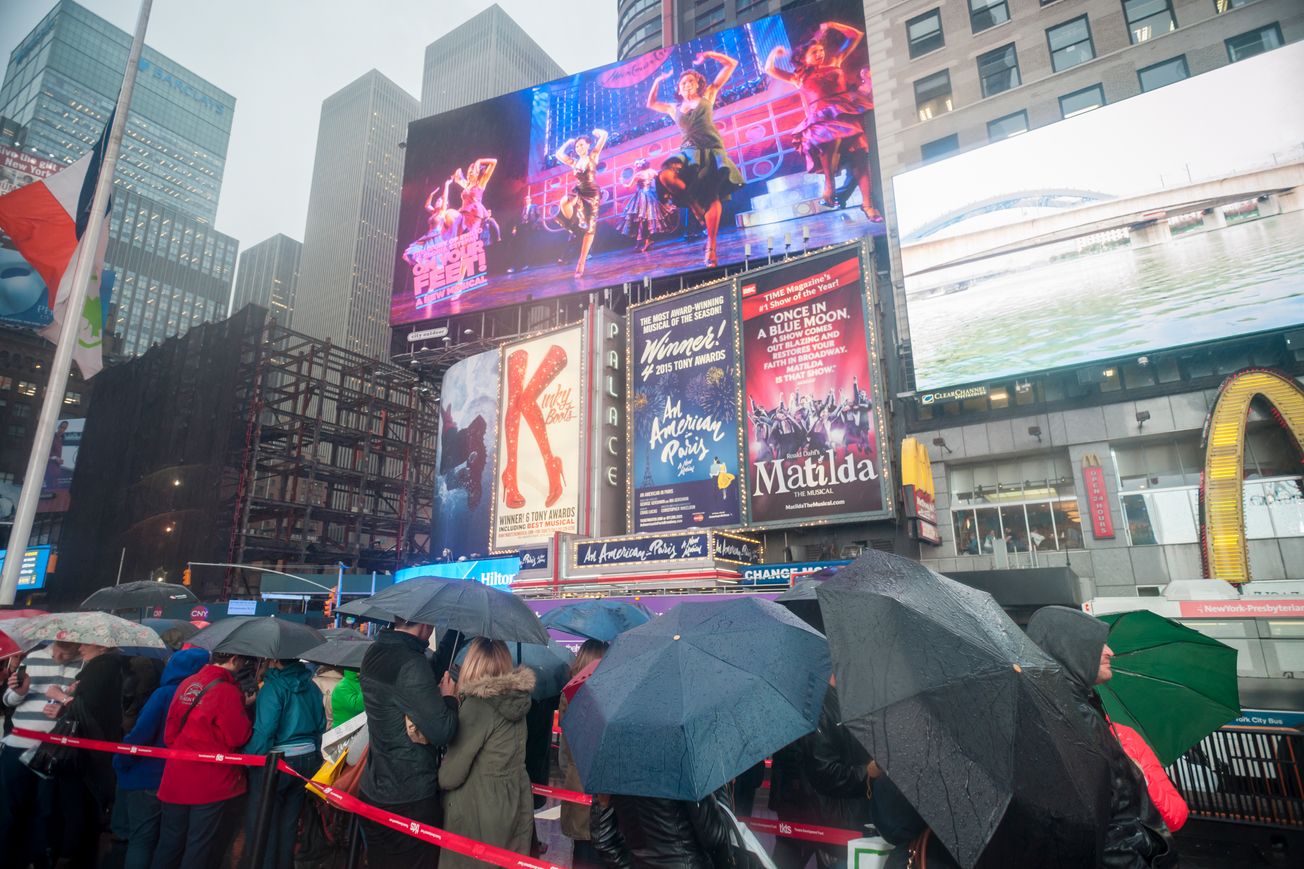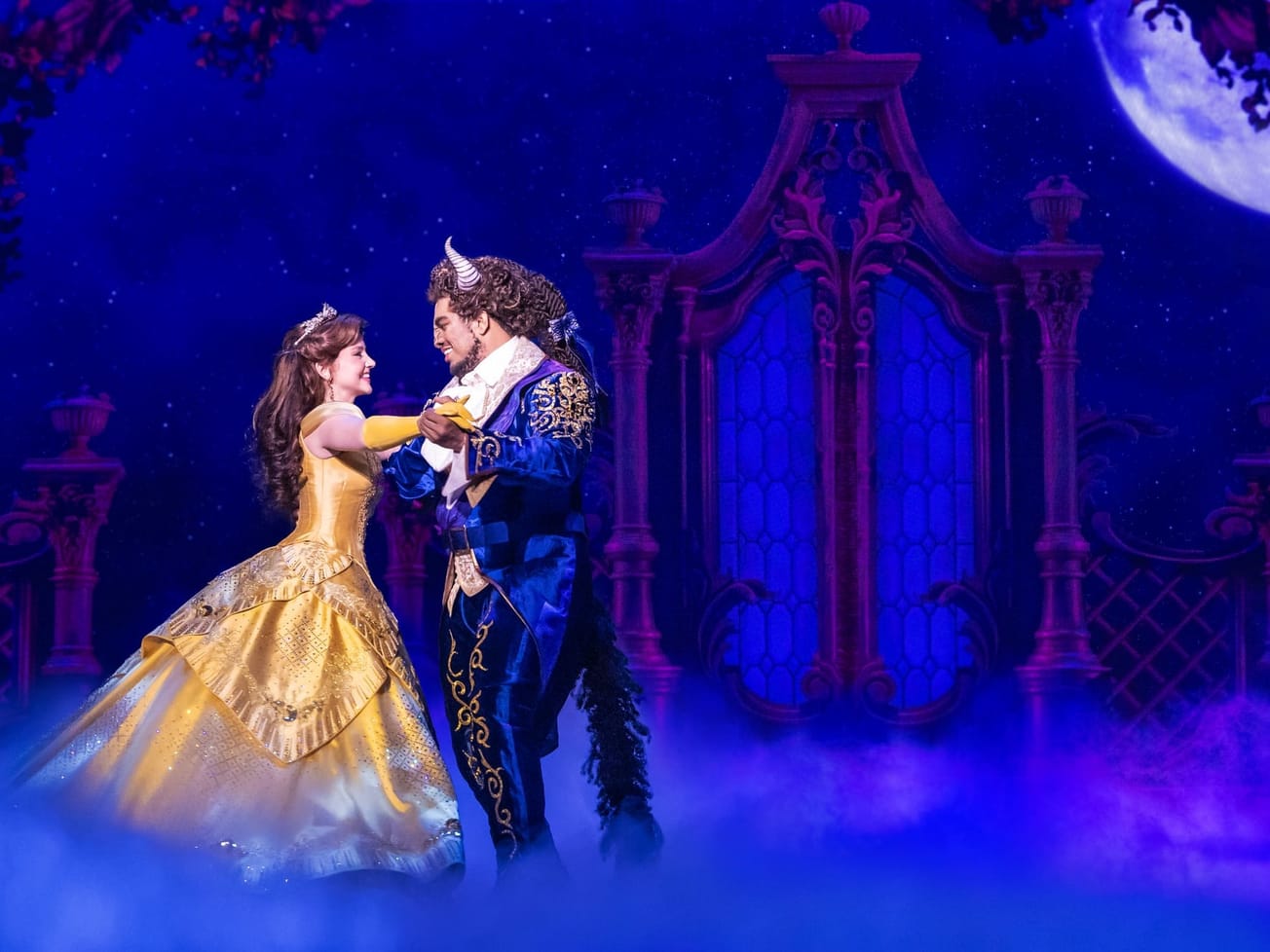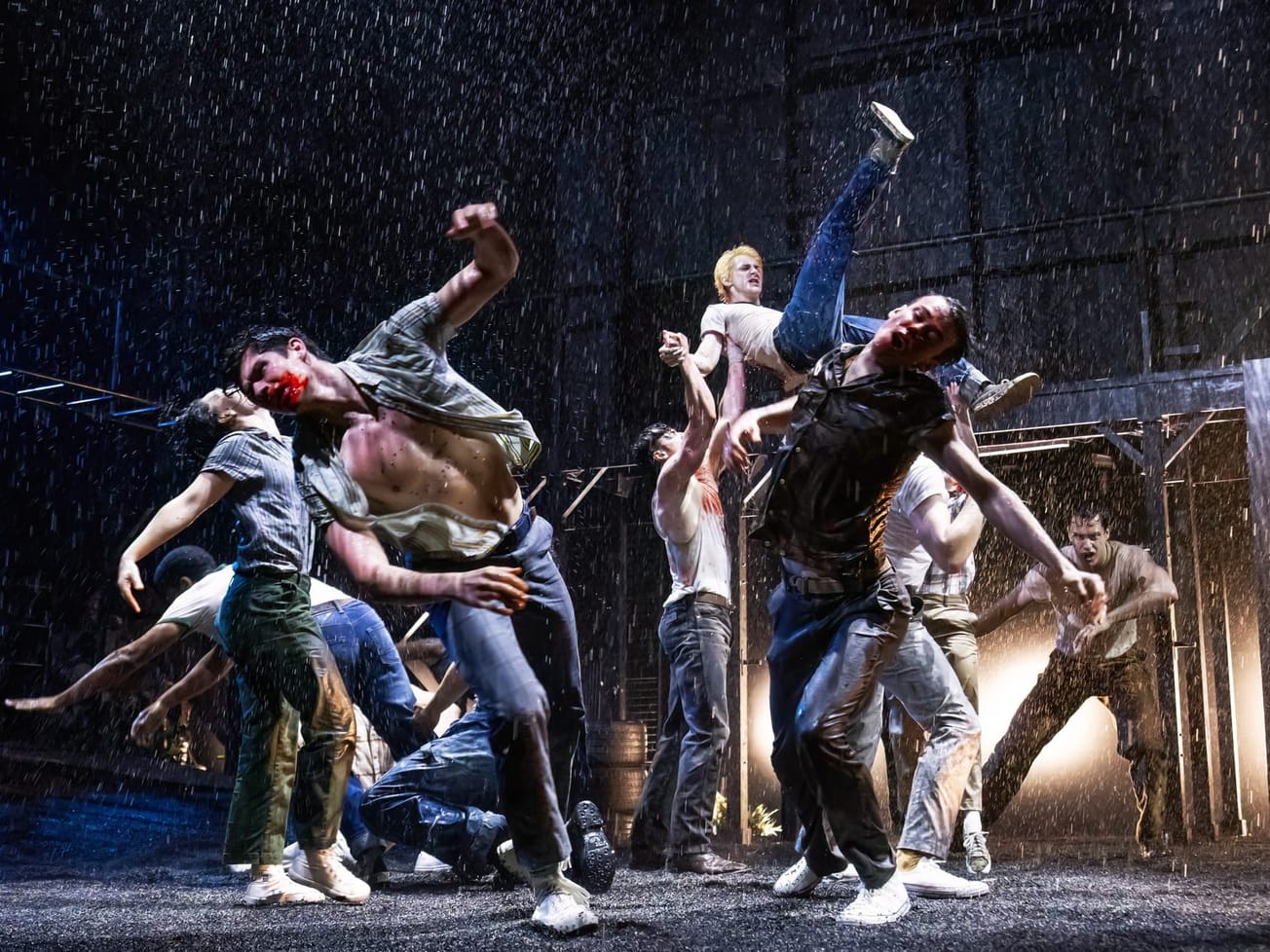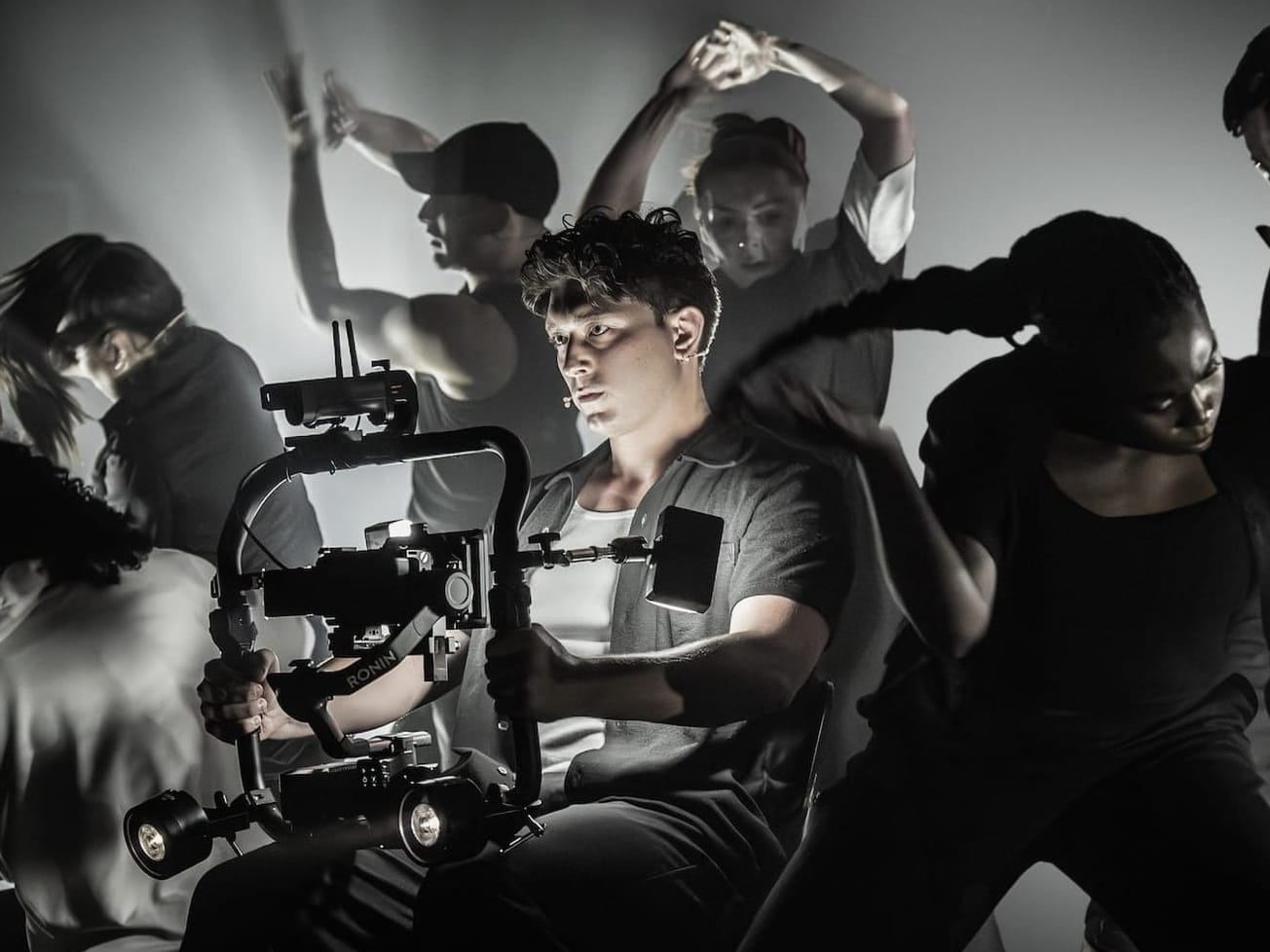As Broadway welcomes more first-time theatergoers, Mike Rafael is trying to figure out how to get them to come back a second time.
Rafael, an independent sales and ticketing analyst and owner of Nexus Ticketing Solutions, has worked in theatrical ticketing for more than 15 years, most recently as an independent consultant on shows including “Wicked,” “War Paint” and “Paramour.”
In his role as an independent consultant, Rafael works closely with producers to help set ticket pricing and then change it in reaction to a variety of factors such as weather, tourism data and advance sales.
Rafael spoke with Broadway News about combating ticket scalpers, how much the Tony Awards matter for ticket sales and changes to ticket buying behavior.
Edited excerpts:
Broadway News: How effective do you think Ticketmaster’s Verified Fan platform has been at weeding out scalpers and bots?
Mike Rafael: It’s probably the best solution we’ve come up with so far, particularly with new shows, for limiting access to brokers and to the secondary market. That having been said, it doesn’t necessarily work for long-running shows. It’s great if you’re a new show and you’re putting a new block of tickets on sale, but if you’re in your 15th or 20th year you can’t say “Oh we’re going to limit access.” So that is one concern.
But how Broadway eventually comes to terms with the secondary market will be critical. I don’t think there’s a one-size-fits-all solution because this year’s hot show is not the same as a show that has run 20 years, and a show that’s hot out of the gate is different from a show that’s trying to build word of mouth.
BN: Do you think the high prices of some Broadway shows and on secondary ticketing sites encourages other shows to charge more?
MF: It does, and it’s a mistake. For awhile, producers would go and look in the secondary market and see what their tickets were being resold for and say if someone is selling my tickets on StubHub for $500, why aren’t I getting $500? But there are problems with that equation. One, you’re seeing what the prices are listed for, that doesn’t necessarily mean that it sold at that price.
Problem number two is your show may not be “Hamilton.” People have a value and you have to let the markets determine the value, and that means reacting to data and it means reacting to data in real time. And that’s what dynamic pricing is.
BN: What kind of other data are you looking at in order to spot trends and set dynamic pricing?
MF: Demographics whenever and wherever we can get them. We’ll look at NYC & Co’s tourism numbers. We’ll look at travel data. I go beyond and look at what’s happening in other entertainment, so I’m looking at movies, concerts, sports teams.
You look at people’s disposable income and say OK how much money do they have to spend and what are they spending it on, where do we rank in that.
BN: What changes have you seen in terms of consumer ticket buying patterns?
MF: We hit these tipping points in theater that go unnoticed. One of which was the changeover from the majority of tickets sold by phone to the majority of tickets sold by internet. Another was when the readership of The New York Times went from print to digital. And then recently the majority of website traffic has gone from desktop to mobile. It used to be how to we get people to our website? Now it’s how do we get people on their phone, how do we get people on their iPads? It has radically changed the way you buy a ticket to the theater.
BN: How much do the Tony Awards matter for ticket sales?
MF: A few years ago one show would come out of a season and it would get a rave from the Times or win the Tony, and that show would run and all the other shows would close. That’s not true anymore. For the last three, four, five years, two to three shows come out of the season with a chance to run. “Dear Evan Hansen” won the Tony, but “Come From Away” is doing great business. “A Gentleman’s Guide to Love and Murder” won the Tony, but “Aladdin” and “Beautiful” are running. So you have that opportunity to be the second or third hit show in the season, but you have to build that over the time.
BN: How do you think this season is shaping up?
MF: Broadway had a record year last year. The last tremendous growth period on Broadway was probably the period from “Lion King” to “Wicked.” If you compare that to the period between “Book of Mormon” to “Hamilton,” then you say on top of that we’re going to bring in “Frozen,” “Mean Girls” and “Harry Potter,” it’s Broadway on steroids. Last year was a record year, and this year is going to make last year look like a nine-pound weakling. It’s huge and growing.


























































